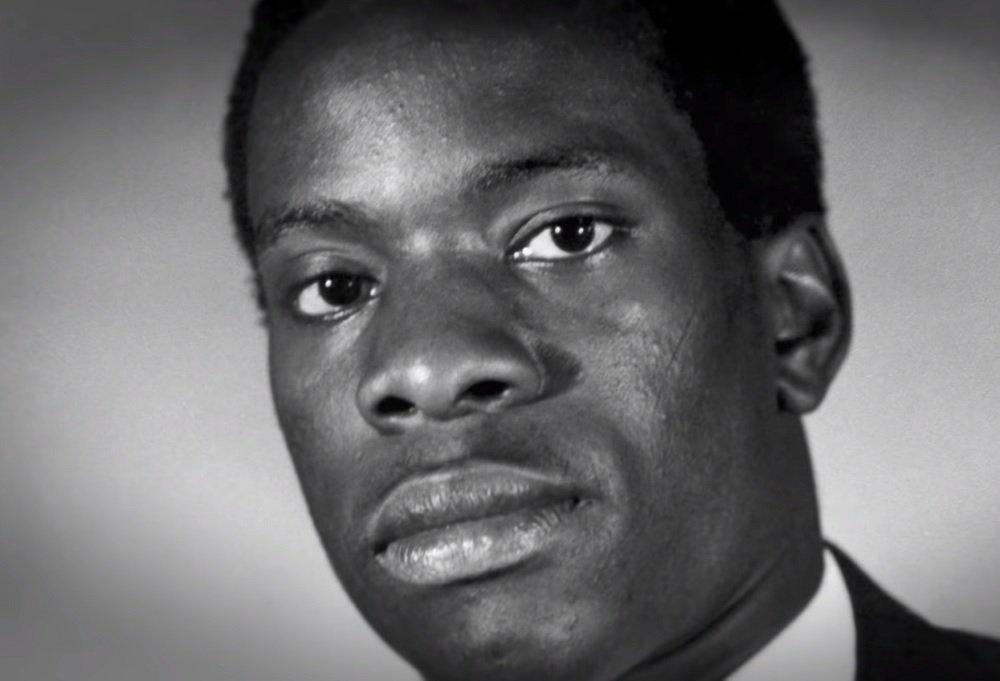
The Federalist
The Federalist's Self-Proclaimed Bias
In September 2013, co-founder Ben Domenech, a conservative writer and TV commentator, wrote that The Federalist was inspired by the worldview of the original TIME magazine, which he described as "[leaning] to the political right, with a small-c conservatism equipped with a populist respect for the middle class reader outside of New York and Washington, and an abiding love for America at a time when snark and cynicism were not considered substitutes for smart analysis."
Domenech wrote that The Federalist would be informed by TIME's 1920s “list of prejudices” for the magazine, which included principles such as:
- A belief that the world is round and an admiration of the statesman’s view of all the world.
- A general distrust of the present tendency toward increasing interference by government.
- A prejudice against the rising cost of government.
- Faith in the things which money cannot buy.
- A respect for the old, particularly in manners.
- An interest in the new, particularly in ideas.
Clarence Thomas’s life is an emotional testament to the persistence of God’s grace amid the highs and lows of the American story. “I come from regular stock,” says the highest-ranking, longest-serving African-American public servant in a new documentary, “Created Equal: Clarence Thomas In His Own Words.” His story is at once the epitome of the best and the worst of America.
Its depiction in “Created Equal” and his 2008 autobiography, “My Grandfather’s Son,” deserve a prominent place among public knowledge of the civil rights movement, the Supreme Court, black American history, and great Americans. Thomas has earned his place in his country’s history, which means he deserves focus in Black History Month curricula and similar celebrations and inquiries.
Without shying from the serious reasons he and many other unjustly treated Americans might have for cynicism about the project of “liberty and justice for all,” the associate Supreme Court justice also demonstrates how to transcend hatred with magnanimity. It’s a lesson we all can stand to learn better.











